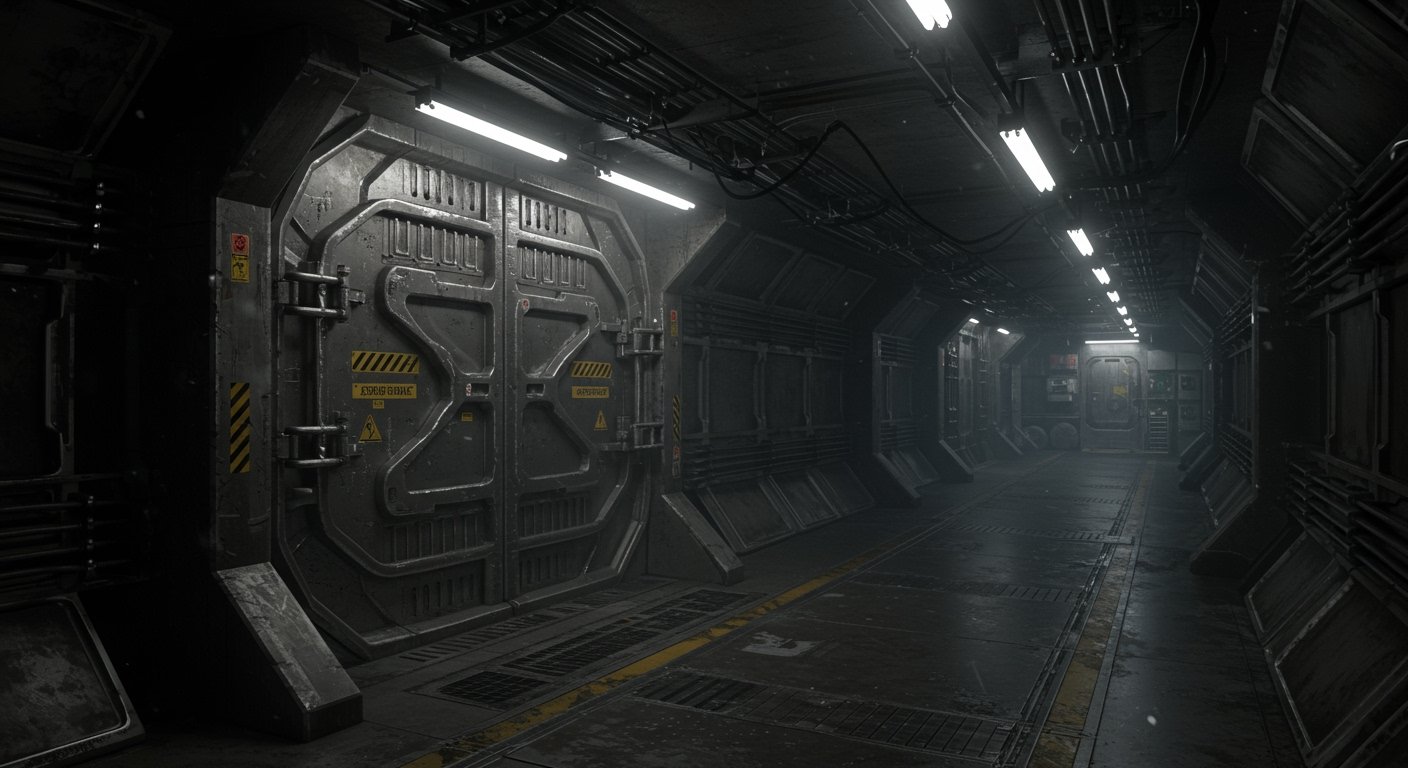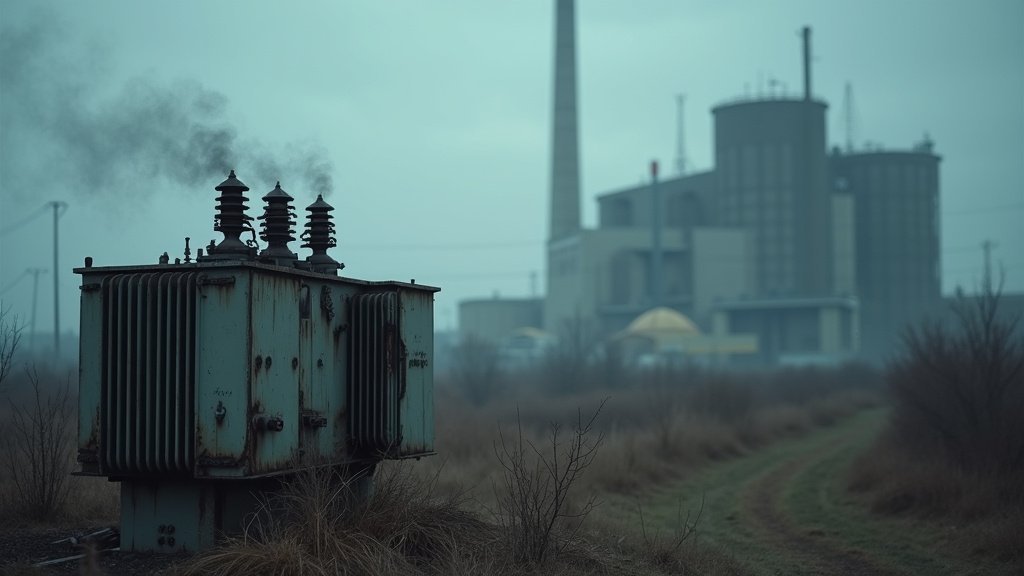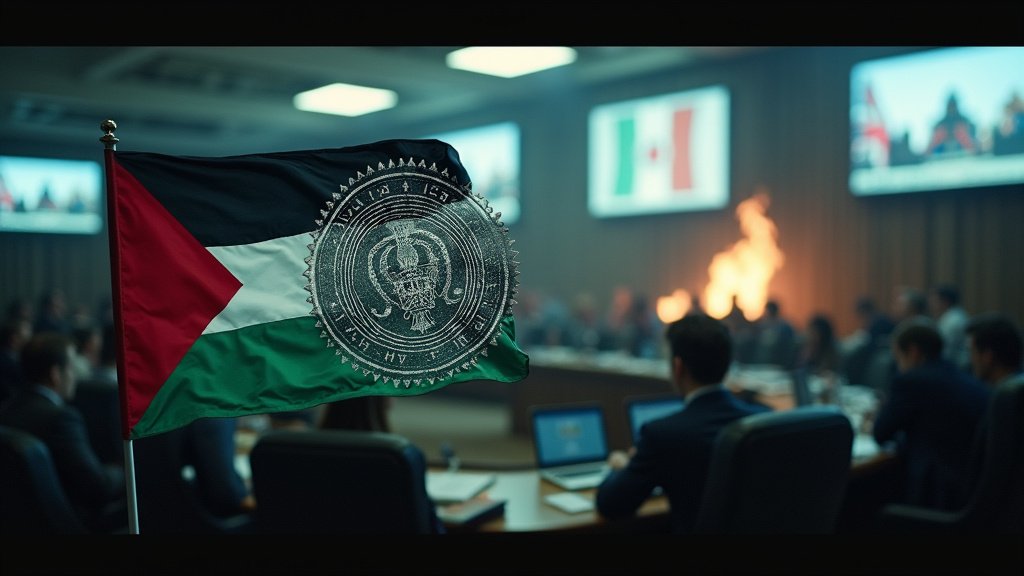Tehran, Iran – Iranian President Masoud Pezeshkian on Wednesday, July 2, 2025, ordered the immediate suspension of the country’s cooperation with the International Atomic Energy Agency (IAEA), marking a significant escalation in the standoff over Iran’s nuclear program.
The presidential decree effectively enacts a law recently passed by the Iranian parliament on June 25 and subsequently approved by the powerful Guardian Council. This legislative measure was adopted in the immediate aftermath of a 12-day conflict that gripped the region, beginning on June 13 and concluding with a ceasefire on June 24. The conflict saw American and Israeli forces conducting airstrikes targeting Iranian nuclear facilities.
Context: Airstrikes Precede Policy Shift
The decision to suspend cooperation comes directly in response to the aerial bombardment of Iran’s nuclear infrastructure. According to statements attributed to Iranian officials, the strikes caused significant damage to key sites. Iranian Foreign Minister Abbas Araghchi stated that the US bombing of the Fordow nuclear site specifically resulted in the facility being “seriously and heavily damaged.”
This military action appears to have precipitated the swift legislative response in Tehran, leading to the law that President Pezeshkian has now put into effect.
Details of the Suspension and New Law
According to reports in Iranian media, the law is purportedly aimed at safeguarding Iran’s rights under the Nuclear Non-Proliferation Treaty (NPT), particularly concerning the country’s contentious uranium enrichment activities. However, its primary practical effect is a drastic curtailment of the IAEA’s ability to monitor Iran’s nuclear program.
Crucially, the suspension is expected to severely limit the visibility international inspectors have into Iran’s nuclear activities, including the levels of uranium enrichment. These enrichment levels are reportedly nearing weapons-grade levels, a threshold that has long been a source of international alarm and tension.
The newly enacted law also stipulates a fundamental change in the terms of oversight: any future inspections or verification activities by the IAEA will require explicit approval from Iran’s Supreme National Security Council. This provision grants a high-level political body direct control over the access granted to international inspectors, effectively placing significant barriers in the path of independent verification.
International Reactions and Concerns
The move has drawn swift and sharp condemnation from world powers. The United States immediately described Iran’s decision as “unacceptable,” reiterating long-held concerns about Tehran’s nuclear ambitions and lack of transparency.
In Israel, Foreign Minister Gideon Saar strongly condemned the suspension. He urged European signatory nations of the 2015 nuclear deal (formally the Joint Comprehensive Plan of Action, or JCPOA) to immediately trigger the agreement’s “snapback” mechanism. This mechanism allows for the unilateral reinstatement of international sanctions previously lifted under the deal, a move aimed at pressuring Iran back into compliance.
Spain’s Foreign Ministry also voiced deep concern over Tehran’s action. In a statement, the ministry urged Iran to reverse its decision and comply fully with its Safeguards Agreement obligations under the NPT, emphasizing the importance of international verification for regional and global security.
Implications for Nuclear Monitoring and Diplomacy
The suspension of cooperation represents a critical setback for international efforts to monitor and verify the peaceful nature of Iran’s nuclear program. The IAEA’s inspections and surveillance are considered vital tools for building confidence and ensuring that nuclear materials are not diverted for military purposes.
By limiting IAEA access, particularly to enrichment facilities, Iran increases the difficulty for the international community to assess the true scope and intent of its nuclear activities. This development is likely to heighten tensions further and complicate any potential future diplomatic efforts aimed at reviving the nuclear deal or establishing new parameters for Iran’s program.
The decision signals Iran’s willingness to use its nuclear program and cooperation levels with the IAEA as leverage in the wake of military confrontation and in response to perceived threats to its facilities. The international community now faces the challenge of responding to this reduced transparency while navigating the volatile post-conflict landscape in the region.
The coming days are expected to see further reactions and discussions among world powers regarding the implications of Tehran’s move and potential next steps to address the escalating nuclear challenge.




